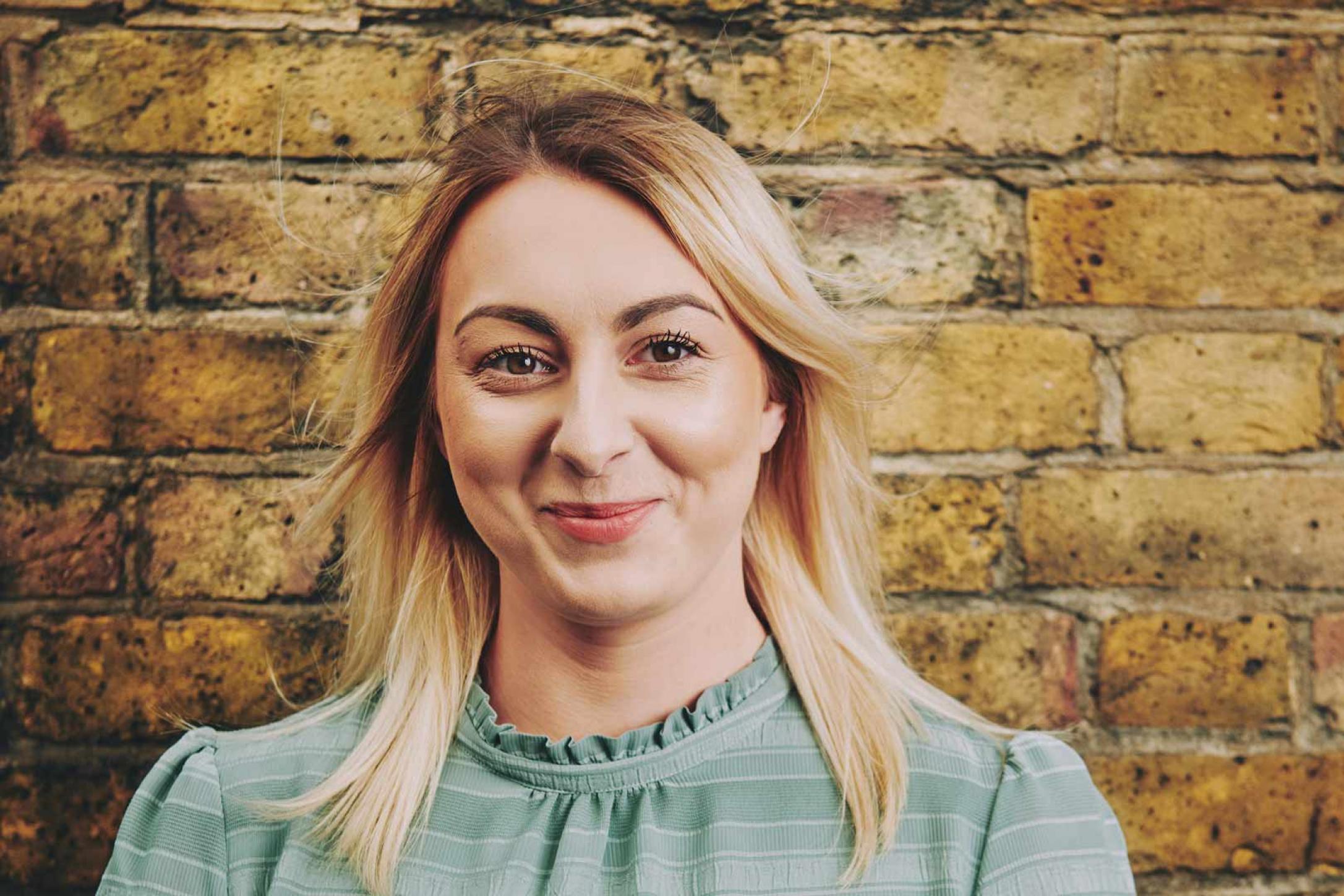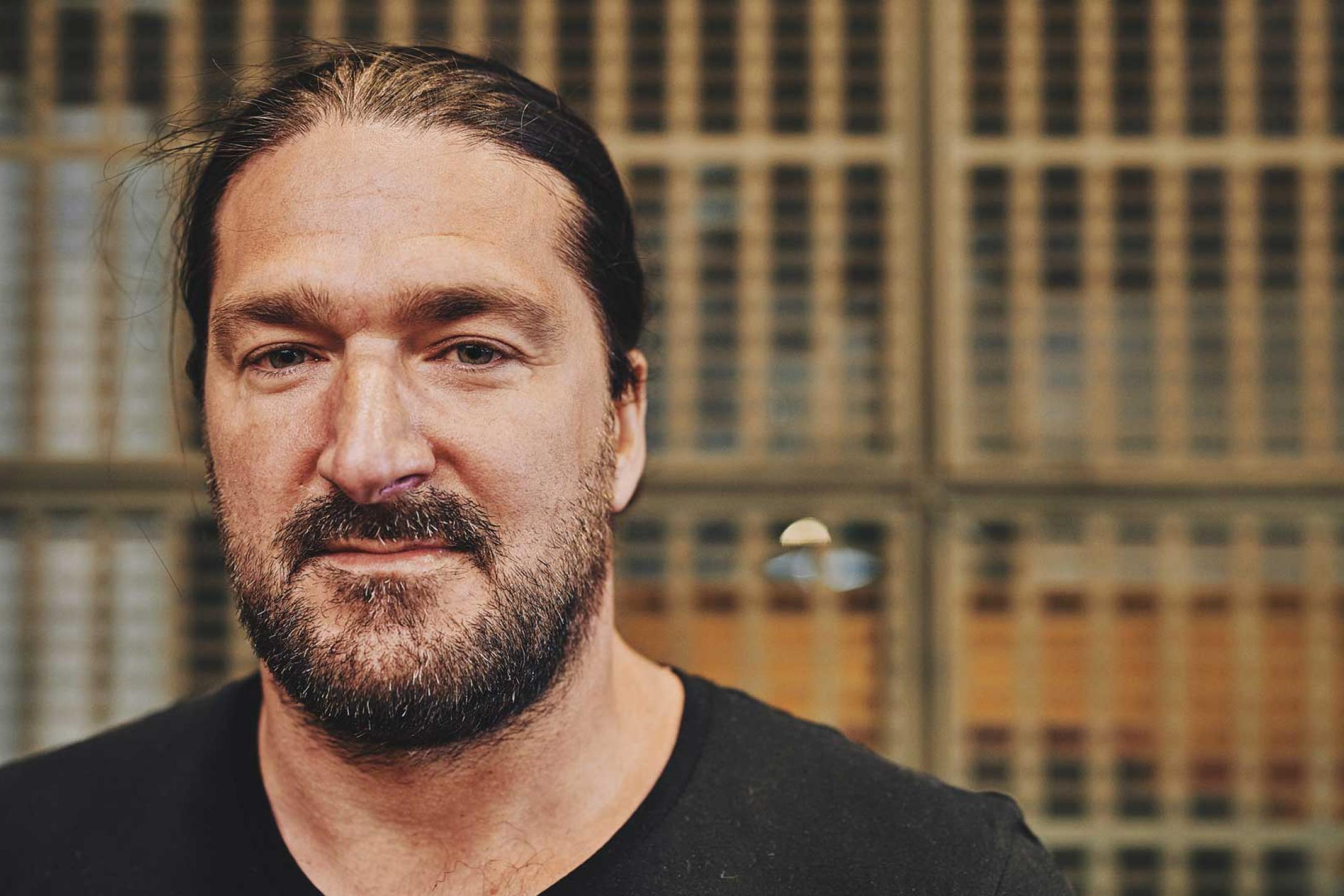
Our story
Find out more about our story and where we come from.
A pattern and a plan
We got our start back in 1977, when a group of magistrates in Sussex noticed a pattern. They saw people going to prison, being released with no home to go to, re-offending and being sent back to prison, over and over again.
So they decided to do something about it.
Recognising that homelessness was the basis for the pattern, they pooled their resources and bought a house. From there, they started offering accommodation and support to people leaving prison. They called their charity the Sussex Association For The Rehabilitation of Offenders, or Saro for short.
Seeing the whole person
In those early days, volunteers did all the work. They saw their approach had a big impact, so they opened more houses across Sussex to support people leaving prison.
They also noticed that drugs and alcohol played a role in the cycle of homelessness and offending. So they started to look for ways to provide support with those issues too. It might sound obvious, but taking a holistic approach that looked at everything going on in someone’s life was pioneering.
It proved to be just what people needed. To keep up with the demand for our services in the 1990s, we merged with other local organisations, including a domestic violence charity and a residential rehabilitation unit, and hired our first paid members of staff.
We also started a groundbreaking project: Get It While You Can. One of our members of staff - who started out using our services - had a great idea to put peer support workers in police custody rooms. The thinking was that right after someone’s arrested is the ideal time to get support. We also thought speaking to someone who’d been through similar experiences would help them see that there was a path forward.
It was an innovative, effective idea. It wasn’t the norm to make a connection between drugs and crime, use early intervention or peer support, but it worked.
Going nationwide
Get It While You Can was so successful that we wanted to roll it out nationwide and help as many people as possible. But the name ‘Sussex Association For The Rehabilitation of Offenders’ didn’t feel right now we weren’t just operating in Sussex. It was time for a change, so we chose a new name: Crime Reduction Initiatives.
As we started running projects across the country, we noticed another issue that was playing a role in the cycle of drug addiction and crime. People couldn’t get access to treatments like methadone fast enough to help them tackle their addiction, and that made it harder for them to make the changes they wanted to see in their lives. We developed new ways to make access to treatment quicker and better, like in-house prescribing, day programmes and counselling services.
Becoming Change Grow Live
In 2012 we merged with Sova, another charity working to help people change their lives and fulfil their potential.
Around the same time, we also noticed another change in our service users. We saw that more and more of the people we were supporting hadn’t committed a crime. Our name - Crime Reduction Initiative - was a barrier, because they felt like our services weren’t for them.
So in 2016 we changed our name again, to Change Grow Live. We took the name from the phases of our recovery programme: foundations of change, foundations of growth, foundations of life. It showed how we worked and helped tackle the stigma around seeking help.
2017 was also a year of change and growth for us. A charity called Lifeline was in crisis, and the vital services it ran were at risk of closing. We stepped in and took over some of those services to keep them running for their users.
The future
Since we first started, one goal has driven everything we do: to make a difference in people’s lives. That’s still what drives us now. We know that what we do works, so we want as many people as possible to benefit. That’s how we’ll make our vision - to change society for the better - a reality.


